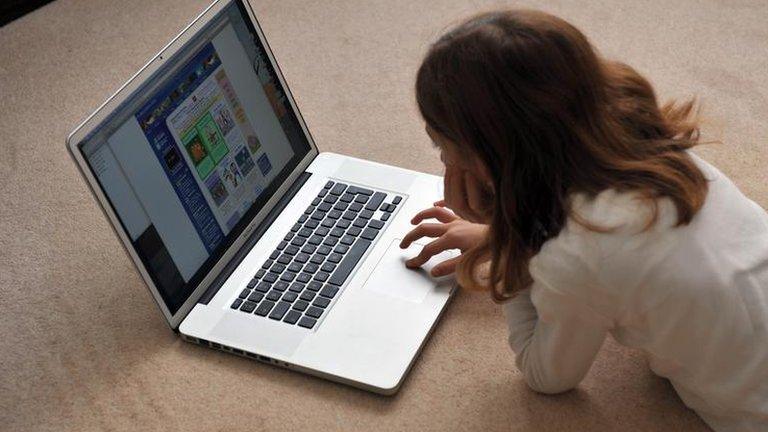GCHQ to help tackle 'dark net' child abuse images
- Published
Prime Minister David Cameron: "There can be no grey areas"
Intelligence experts and organised crime specialists will join forces to tackle child abuse images on the "dark net", David Cameron has said.
The prime minister said a joint GCHQ and National Crime Agency unit would hunt online paedophiles with the same "effort" used to track terrorists.
Speaking at a London summit, he said online child exploitation existed on an "almost industrial scale" worldwide.
He also unveiled a law to stop adults sending children "sexual" messages.
Labour said it had suggested the same law six weeks ago and the government had said it was "not necessary".
Mr Cameron said the new unit was part of a drive to remove millions of "sickening and depraved" images from the internet.
The term "dark net" refers to parts of the internet that are hidden and can be hard to access without special software, and Downing Street said the new unit would be able to analyse huge volumes of images.
'Abused to order'
Mr Cameron said progress had been made on blocking online abuse images, but added: "The dark net is the next side of the problem, where paedophiles and perverts are sharing images, not using the normal parts of the internet that we all use.
"What we are doing there is setting GCHQ, our world class intelligence agency, together with the National Crime Agency and we are going to go after these people with every bit of effort that we go after terrorists and other international criminals."
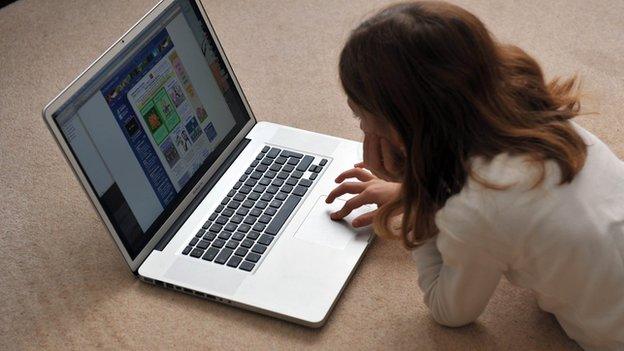
Mr Cameron said children were being "abused to order" by some international gangs.
"One gang in the Philippines was arranging the sexual abuse of children, filming it and then live streaming it to paying customers across the world," he said.
He said this gang was stopped - and 29 people arrested - after an investigation which began when a British police officer examined a sex offender's computer. He said 15 children, some as young as six, were rescued from their "living nightmare".
No 'grey areas'
Speaking at the We Protect Children Online summit, external in London, Mr Cameron said his proposed new law would make it "illegal for an adult to send a sexual communication to a child".
The law, which would apply in England and Wales, is expected to be included in the Serious Crime Bill, external currently going through Parliament.
Various laws exist in this area, but Mr Cameron said there should be no "grey areas".
It follows a campaign by the NSPCC charity to close what it dubbed the "flaw in the law".
Mr Cameron said it would also be made illegal to possess material offering guidance on abusing children - what he called "paedophile training manuals".
Representatives from more than 50 countries, 23 leading technology companies and nine non-governmental organisations are attending the summit.
Mr Cameron said they would sign a "landmark agreement" which "amounts to nothing less than a global war against online child abuse".
As part of the agreement, he said a "range of countries" had committed to create "dedicated law enforcement response" to tackle child abuse images.
He said a new "global child protection fund" would be set up, with the UK the first and "most major" donor - paying £50m over the next five years.
Microsoft's chief online safety officer, Jacqueline Beauchere: "This is a smart move"
Mr Cameron said internet firms had gone "above and beyond" what they had been asked to do in terms of blocking access to child abuse images.
He also said:
Google now blocked access to images and videos of abuse for searches in 40 languages
Microsoft technology meant a picture's "digital fingerprint" could be used to search for and delete the image wherever it appeared online
Google "video hashing" technology meant a similar process could be used to "scour" the web and remove videos
Microsoft, Google and Mozilla were "working together to look at" having "built-in restrictions to block access" to child abuse material - Mr Cameron said this would be a "game changer"
Google said it "aggressively" removes child abuse images, adding: "Over the past 12 months our algorithm changes and deterrent campaign have already led to a five-fold reduction in a number of child sexual abuse image-related queries in search."
Responding to Mr Cameron's comments, shadow home secretary Yvette Cooper said there were "very serious gaps" in the government's plans because "thousands of cases of abuse are not being followed up by the police".
"We know the National Crime Agency has details of over 20,000 suspected of accessing images of child abuse under Operation Notarise, and yet they have only investigated a tiny proportion of these - and arrested fewer than 1,000," she said.
Ms Cooper also said the new law outlined by Mr Cameron was "in fact a Labour amendment to the Criminal Justice Bill" that the government had said was "not necessary" only six weeks ago.
"It's very welcome that they have changed their minds," she said.
- Published2 December 2014
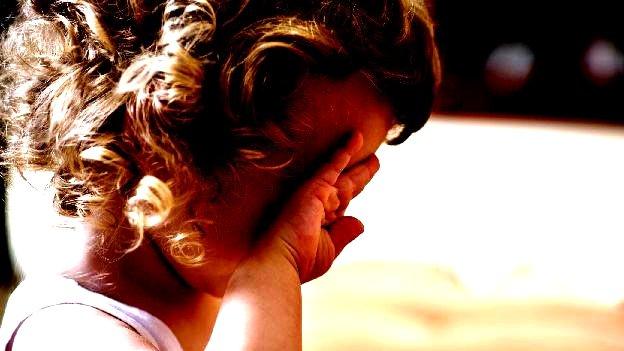
- Published18 July 2014
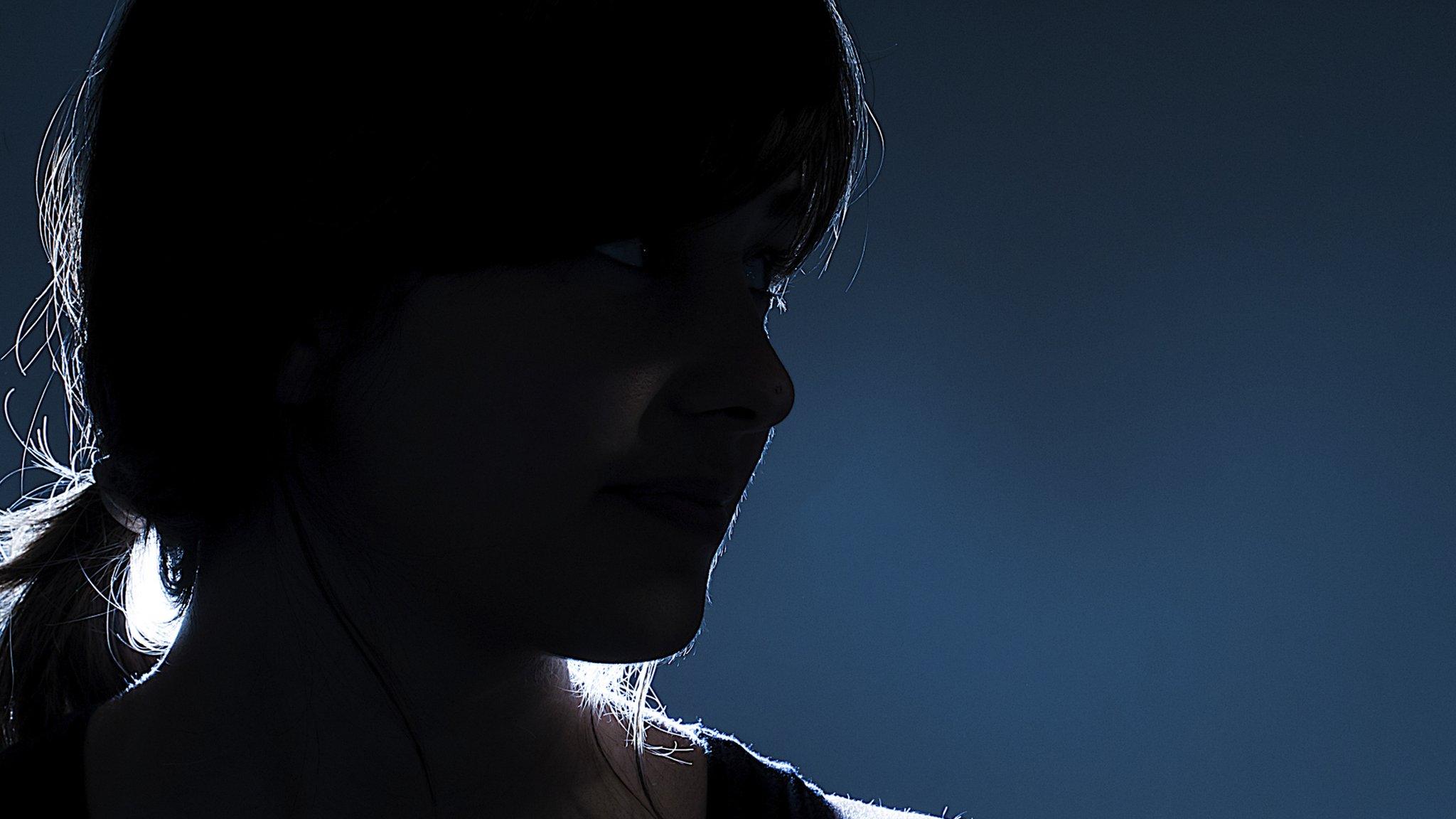
- Published19 June 2014
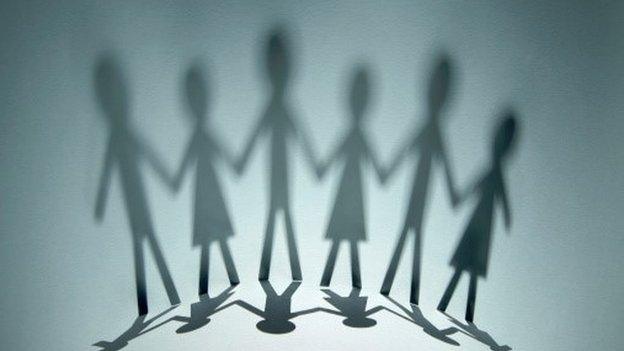
- Published16 November 2013
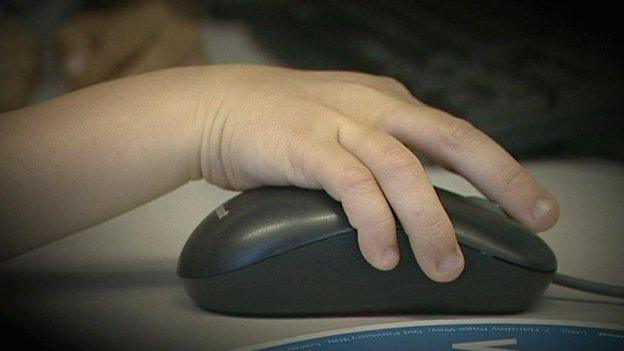
- Published13 October 2014
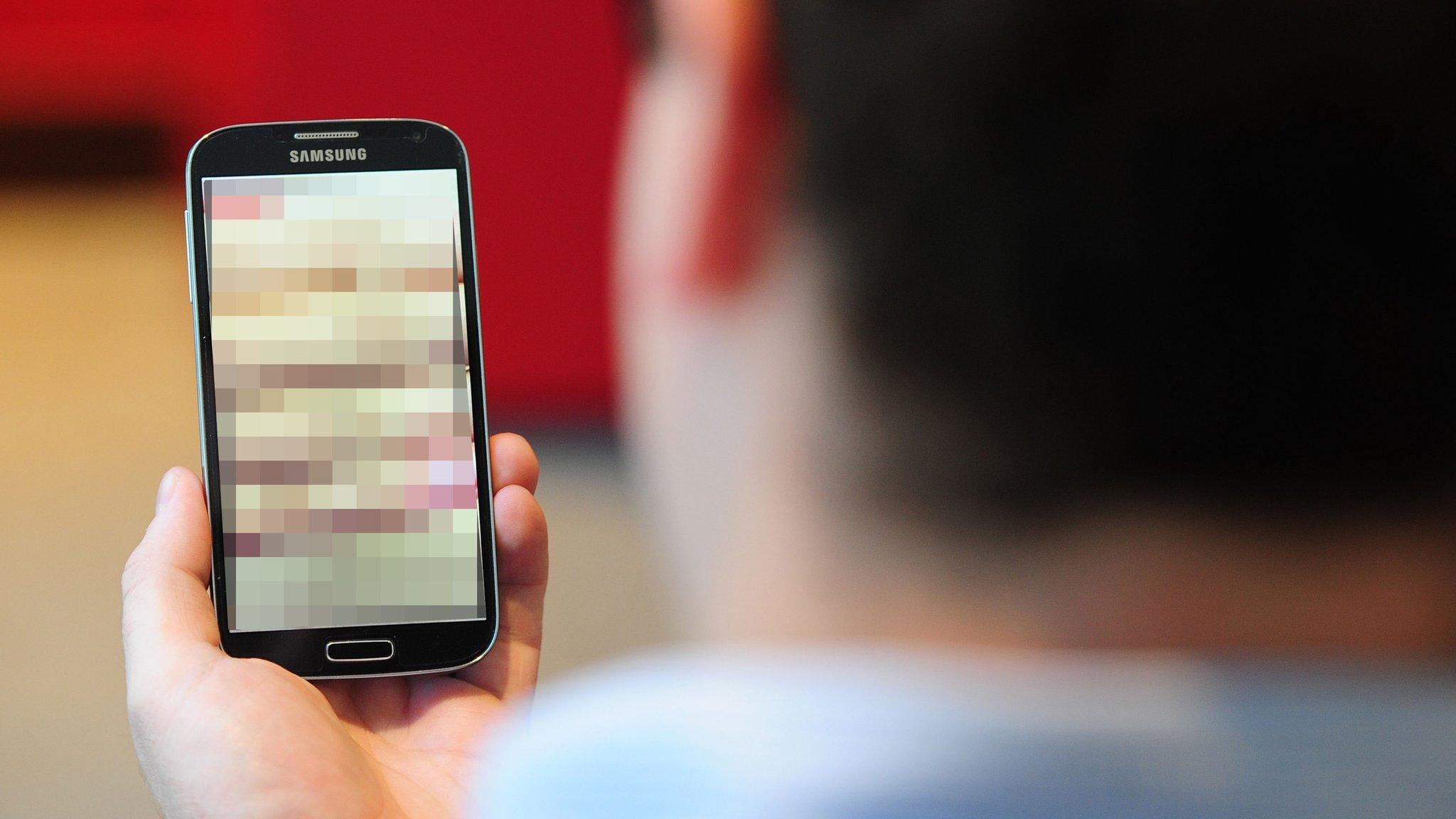
- Published5 February 2013
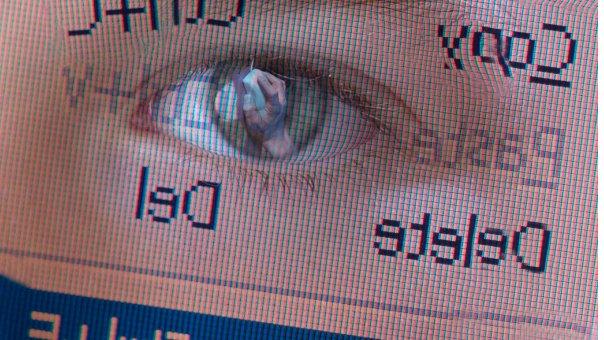
- Published4 February 2013
